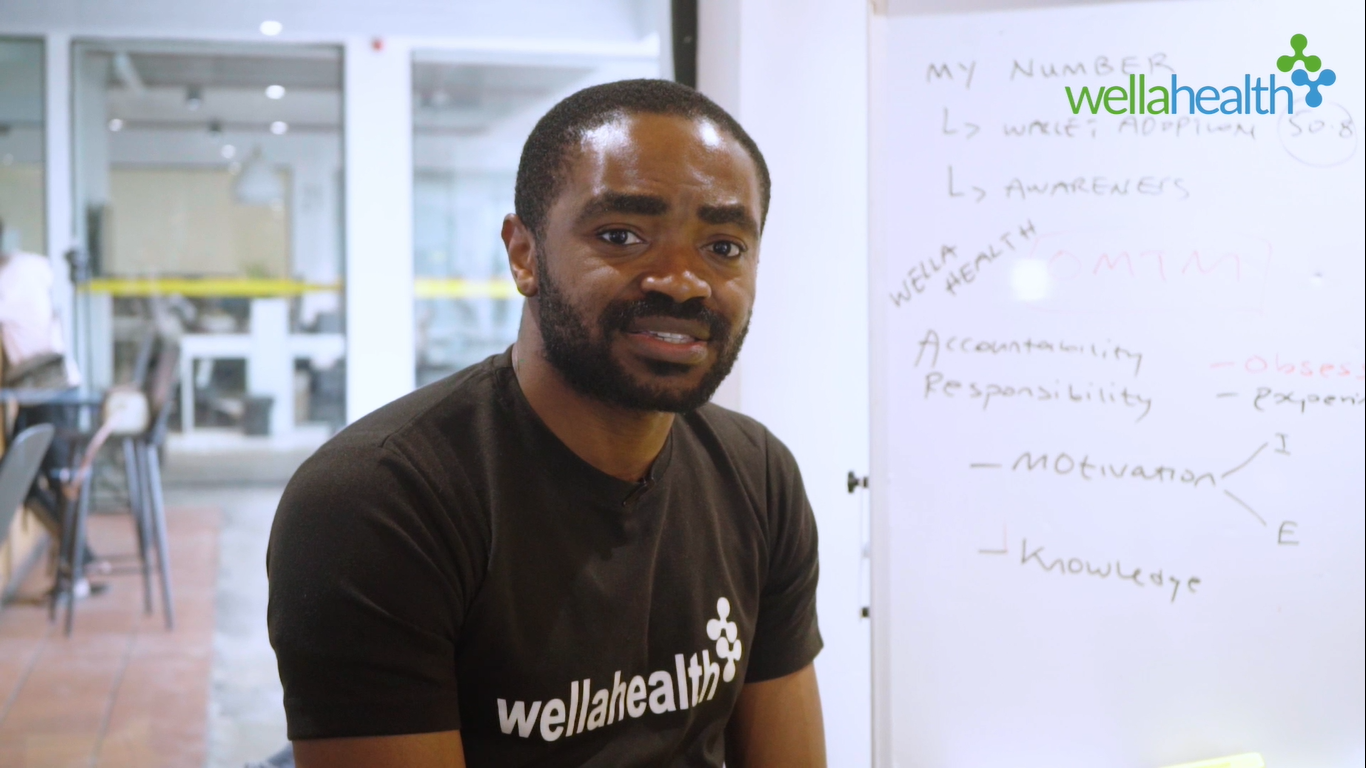Access to affordable healthcare continues to burden the African continent despite government-backed insurance schemes and the implementation of policies aimed at achieving universal health coverage.
With around 460 million people living below the poverty line, it’s no wonder that less than half of Africa’s populace have access to affordable and timely healthcare.
Historically, the national health schemes implemented in countries such as Ghana, Nigeria, Kenya, and Morocco have often fallen short of desired effectiveness, typically covering only government staff and a select few.
For instance, in Nigeria, around 90 percent of citizens have to pay out-of-pocket for their healthcare expenses, exacerbating the burden of poverty.
Shockingly, a staggering 97 percent of Nigerians lack health insurance to address prevalent illnesses such as malaria, diarrhea, and diabetes.
The year 2021 alone witnessed over 200,000 deaths due to malaria in Nigeria, affecting an additional 61 million individuals.
The situation is exacerbated by the fact that merely about three percent of Nigeria’s total population possesses health insurance, largely provided by employers.
To address this issue and expand access to affordable healthcare, micro health insurance has emerged as a promising solution.
Content retrieved from: https://pmexpressng.com/how-wellahealth-is-empowering-marginalized-communities-with-quality-healthcare/.



No responses yet